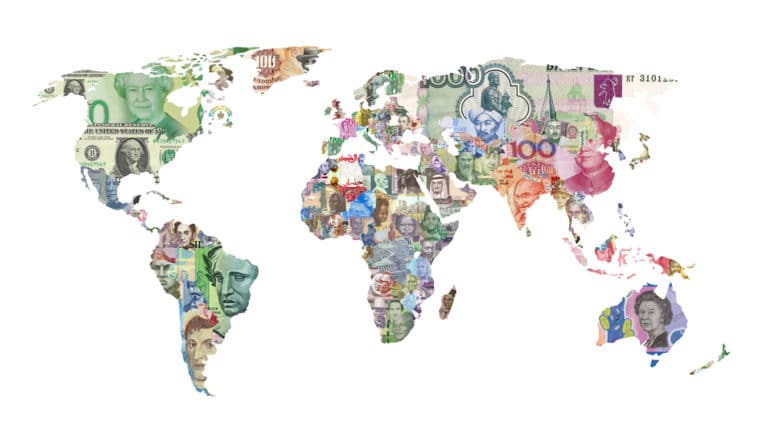The Swedish Riksbank announced that the Norwegian, Israeli and Swedish central banks have joined hands with the Bank for International Settlements to try out international remittance and retail payments using digital currencies.
The partnership of the central banks of Norway, Sweden, Israel and the Bank of International Settlements (BIS) is designed to deliver an enhanced experience when it comes to cross-border retail and payments. It strives to boost digital currency adoptance while reducing expenses, boosting speed and delivering transparency regarding international remittances and payments. The project’s final report is expected by the first quarter of the upcoming year.
Project Icebreaker
BIS has agreed to partner with the Swedish central bank and others to explore international remittance payments using central bank digital currencies (CBDCs). The initiative was dubbed Project Icebreaker. It comprises testing of domestic CBDC systems’ technological feasibility and key functions.
Furthermore, it aims to develop a new hub allowing participating banks to share their proof-of-concept CBDC systems. Finally, the experiment discovers CBCD architecture, designs, and policy challenges while enhancing global payment flows.
“Efficient and accessible cross-border payments are of extreme importance for a small and open economy like Israel, and this was identified as one of the main motivations for a potential issuance of a digital shekel”, Andrew Abir, the deputy governor of the Bank of Israel, said. “The results of the project will be very important in guiding our future work on the digital shekel.”
Other central banks in Malaysia, South Africa, Australia and Singapore have launched similar initiatives. All were designed to improve cross-border settlements. In addition, BIS’s previous attempt with Thailand, UA, Hong Kong, and China has resulted in success after facilitating $22 million in international transactions.
China and the US
The Bank of Israel, Sweden’s Riksbank and the Central Bank of Norway have been considering the advantages of rolling out their own respective CBDCs. At the same time, China has also expanded tests of the digital yuan.
In the United States, regulators and lawmakers have taken diverse techniques to discover digital currencies. A March government order from President Joe Biden had government authorities and departments study the advantages and dangers of a CBDC.
